About
Historica presents an interactive world map showcasing political borders' evolution throughout distinct historical periods. The map features a dynamic interactive world history timeline, enabling users to delve into the fluidity of borders and the corresponding shifts in state names. Users can learn history visually and navigate interactive chronological maps that reflect global development.

Contribute to Historica's blog!
Learn guidelines, requirements, and join our history-loving community.
What is Historica?

Historica is a project that creates a digital model of human history, which is continuously expanded and refined with the aid of artificial intelligence, machine learning, and digital humanities.
Historica integrates various types of data into a unified ontology, thus revealing humanity's past in its vast temporal and geographical scales, unfathomable complexity, and infinite diversity.
In its outward manifestation to the user, Historica is a dynamic, interactive historical map that visualizes the global development of civilization from pre-state epochs to the present moment. This includes interactive ancient civilizations’ timelines, ancient world maps visualization, and world history visualized on maps.
Historica is a non-commercial project evolving in three directions: academic, cultural, and recreational. In an academic context, Historica serves as a flexible tool for historical research, supporting methods such as topic modeling, natural language processing, text mining and the study of paleography and historical documents. It is designed for widespread educational use, from school curricula to scientific work. In a cultural context, Historica helps present cultural heritage and historical geography through precise visualizations that reveal new perspectives on places, communities, and sources. With digital history tools and online historical maps, users can better explore local histories, archival materials, and heritage sites. In a recreational context, Historica offers a space for historical simulations and exploration supported by extensive factual material. Features such as interactive world maps, historical timelines, and AI generated historical maps allow users to engage with the past in immersive and creative ways.
Historica's Mission
Historica's mission is to create and continuously replenish an objective, interdisciplinary, decentralized, and AI-based information model of human history, serving science, education, culture, and entertainment. This includes developing advanced AI driven tools used in historical research and digital humanities, connecting historical datasets with different forms of historical data visualization. Through the integration of artificial intelligence in history, Historica works to unify diverse sources and methods into a coherent and accessible model of the past.

Principles of Historica
.webp)
Historica follows the principles of interdisciplinarity, decentralization, and reliance on artificial intelligence in history.
Interdisciplinarity: Historica combines knowledge from history, archaeology, geography, anthropology, computer science, linguistics, cultural studies, philosophy, political science, sociology, and related emerging fields. This approach ensures a comprehensive and scientifically grounded view of historical development. The project makes use of methods found in historical GIS, the study of historical time series, and the analysis of large historical datasets, helping researchers work with complex information in a structured and meaningful way.
Decentralization: Historica is open to broad collaboration from scholars, researchers, AI specialists, and interested enthusiasts. The aim is to build a global, non-hierarchical community in which participants freely contribute to the digital footprint of human history. Contributors support the refinement of world history maps, the expansion of the historical world atlas, and the development of resources that connect geography with historical change.
Reliance on AI: In Historica, artificial intelligence plays a central role. It processes extensive volumes of information, brings together insights from different scientific fields, and continuously enriches the digital footprint of history with new data. Techniques such as neural networks, machine learning, and semantic analysis help identify patterns in historical material, address differences in interpretation, and reveal structures that might not be visible through traditional research alone. This approach helps resolve contradictions between disciplines and contributes to a clearer and more complete picture of the history of civilization.
Who is Historica for?

Historica creates value for a wide range of people.
In its academic direction, Historica is designed for scientists, researchers, teachers, students, authors of educational materials, educators, developers of educational software, organizers of academic events, and those involved in science and education policy. The platform supports their work by offering tools for historical research, historical analysis, and the use of digital humanities methods. Features such as interactive timelines, historical maps, and historical data visualization help make complex material easier to explore and present.

In its cultural direction, Historica serves museum, archive, and library professionals, cultural studies scholars, art historians, and specialists in the preservation and restoration of heritage. It is also relevant for tourism professionals, researchers in cultural and historical publishing, organizers of cultural events, local communities, public organizations, and those involved in culture policy. The platform offers resources that support cultural heritage interpretation, historical geography, and the understanding of places through digital history projects and online historical maps.

In its recreational direction, Historica appeals to gamers, game developers, creators of historical reconstructions, screenwriters and producers of historical films and series, authors of historical literature, members of historical clubs and societies, and platforms dedicated to popular science and historical education. Through interactive world maps, historical timelines, and visually rich tools that allow users to learn history from maps, Historica provides immersive ways to explore the past for education and entertainment.

Team

Serial entrepreneur seasoned in financial services with an emphasis on FX, electronic trading, and blockchain technologies. Holds a DBA from SBS Swiss Business School, leveraging knowledge to inspire entrepreneurship and foster innovation.

Business strategist with 25 years of experience, serving as an independent director in commercial and non-profit organizations. Specializes in blending system engineering and strategic management approaches, as well as applying heuristics in futures research and scenario planning.

20 years of experience in creating and managing products for growing businesses. Expertise in designing value propositions, including information products. Proficiency in market research and customer development.

SEO Specialist and Content Coordinator with a Master's Degree in Digital Marketing, graduating with honours. Proven ability to drive organic traffic, improve content, and build brands' online reputation through website optimisation and digital PR.

Honours Master's degree of Applied Informatics. Full stack software developer with experience in ML and autoML in industrial spheres. Also a historical metalworking enthusiast.
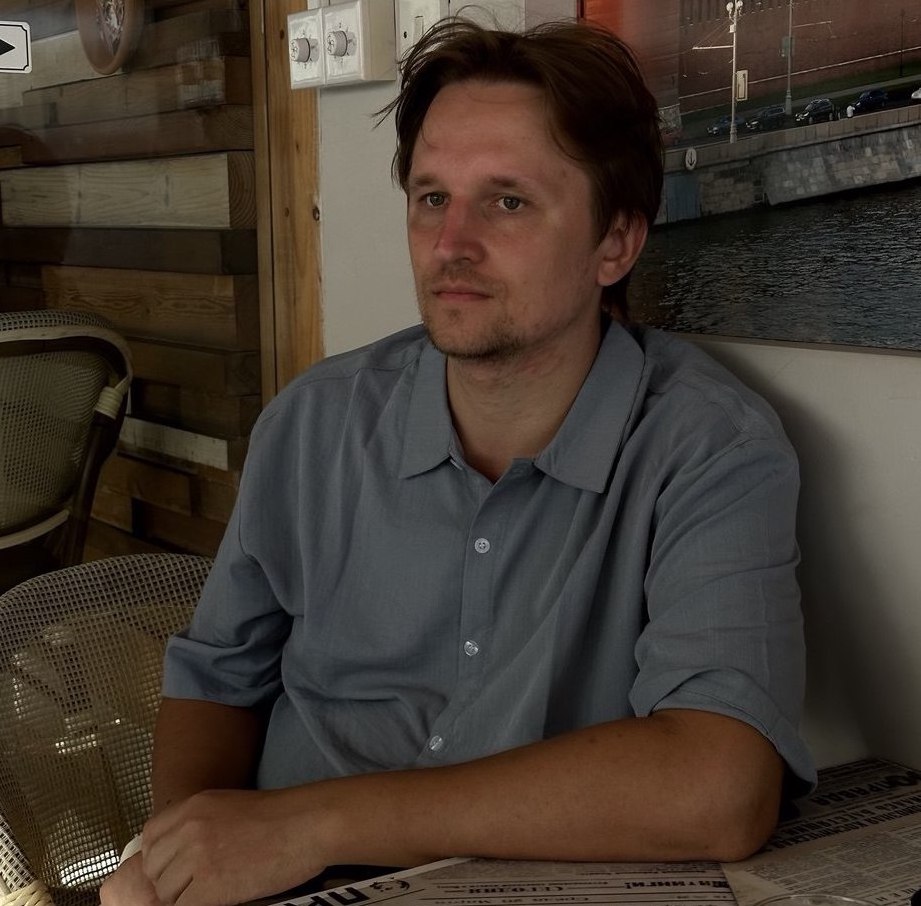
Technical specialist with 12 years of experience in web development. Skilled in building scalable, reliable applications across backend and frontend. Passionate about clean architecture, efficient code, and creating digital tools that stand the test of time.

6+ years of experience helping to build startups from 0 to 1, from pre-seed round to Series B. Worked with companies in fields such as Non-profits, KYC, E-commerce, healthcare, and mental health. User-centric design oriented, data-driven approach evangelist.

Experienced Social Media Manager and PR specialist with 5+ years, skilled in building brands and communities through engaging content for social media channels and blogs.
Blog authors
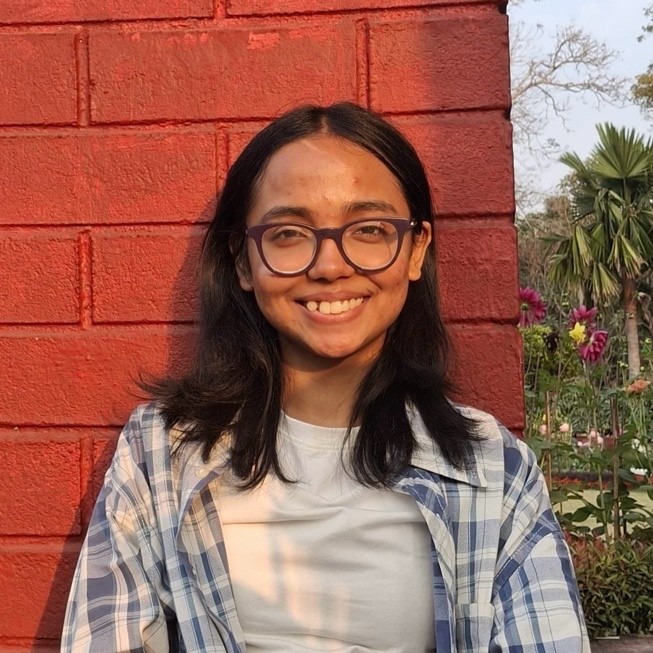
A final-year MA student at the Indian Institute of Technology (Indian School of Mines), Dhanbad, specialising in Digital Humanities and Social Sciences. Their academic interests lie in literary studies and posthuman theory, with research often engaging more-than-human entities. As an early-career scholar within Digital Humanities traditions, they are particularly interested in exploring emerging technological methodologies within Global South contexts as part of an evolving research practice.
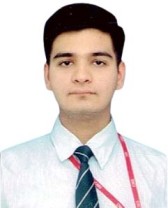
An enthusiastic and committed scholar of ancient history of India and the world, based in Lucknow, with a rich experience of studying at a prestigious institute, under the best minds.
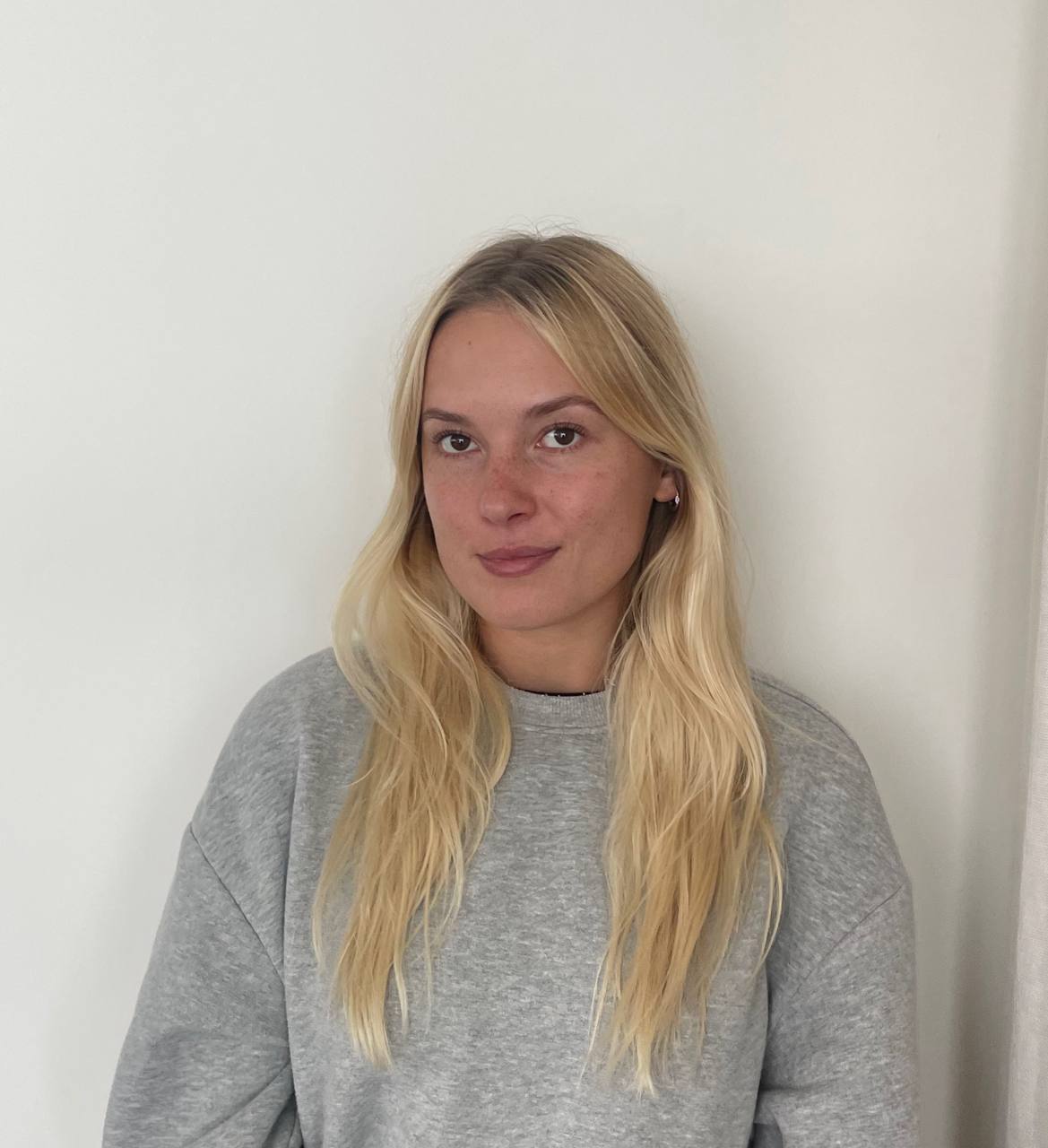
A creative strategist currently pursuing her internship at Historica and working at the intersection of digital culture, emerging technologies, and storytelling. Her research focuses on how AI tools shape information discovery, SEO strategies, and the communication of topics such as history in digital environments. At Historica, she contributes to content development, keyword research, and trend analysis, exploring how emerging AI systems influence interpretation, and engagement with historical material.
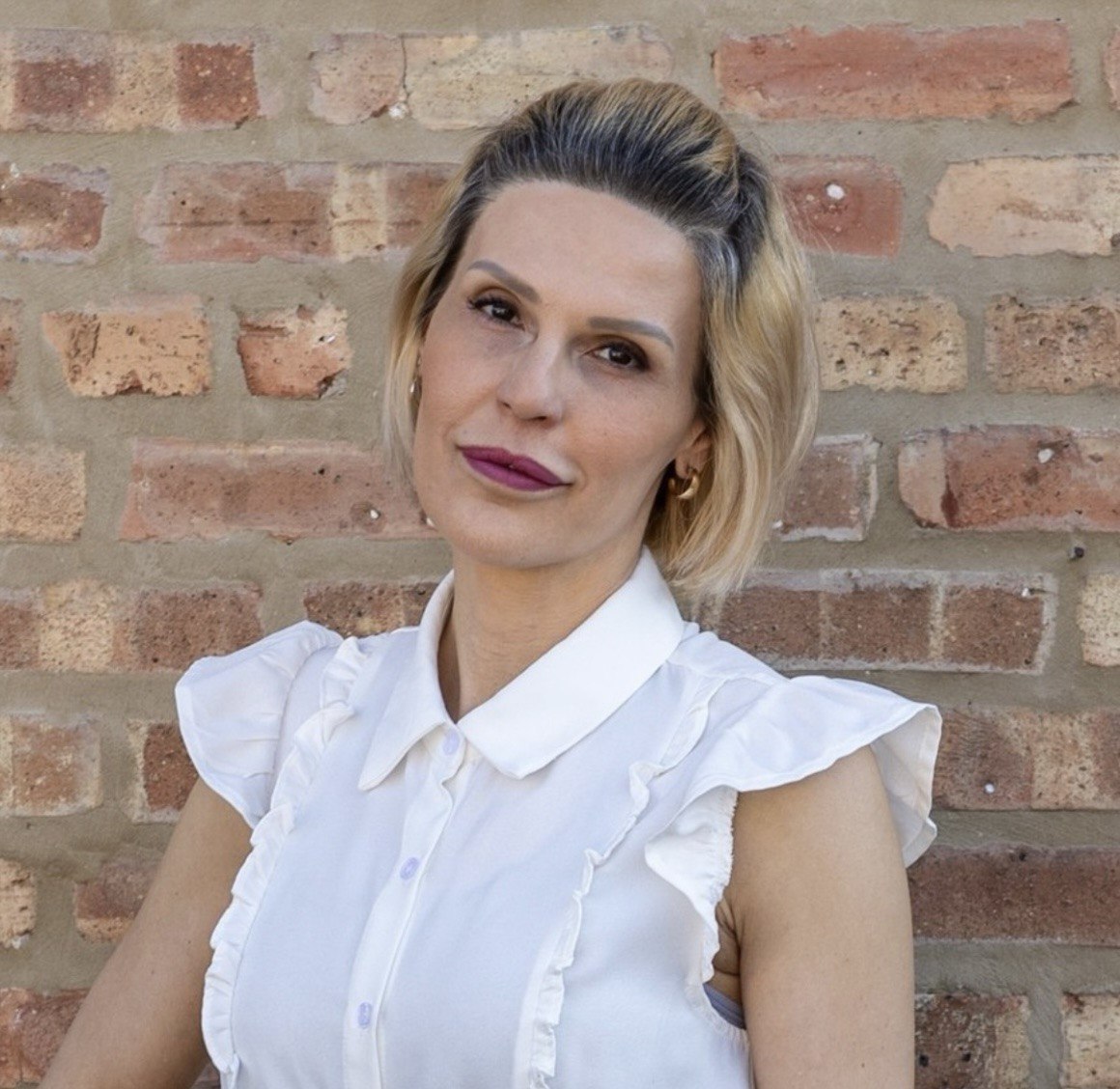
AI Implementation Specialist & Content Trainer | AI Strategist | Prompt Engineer | AI Educator
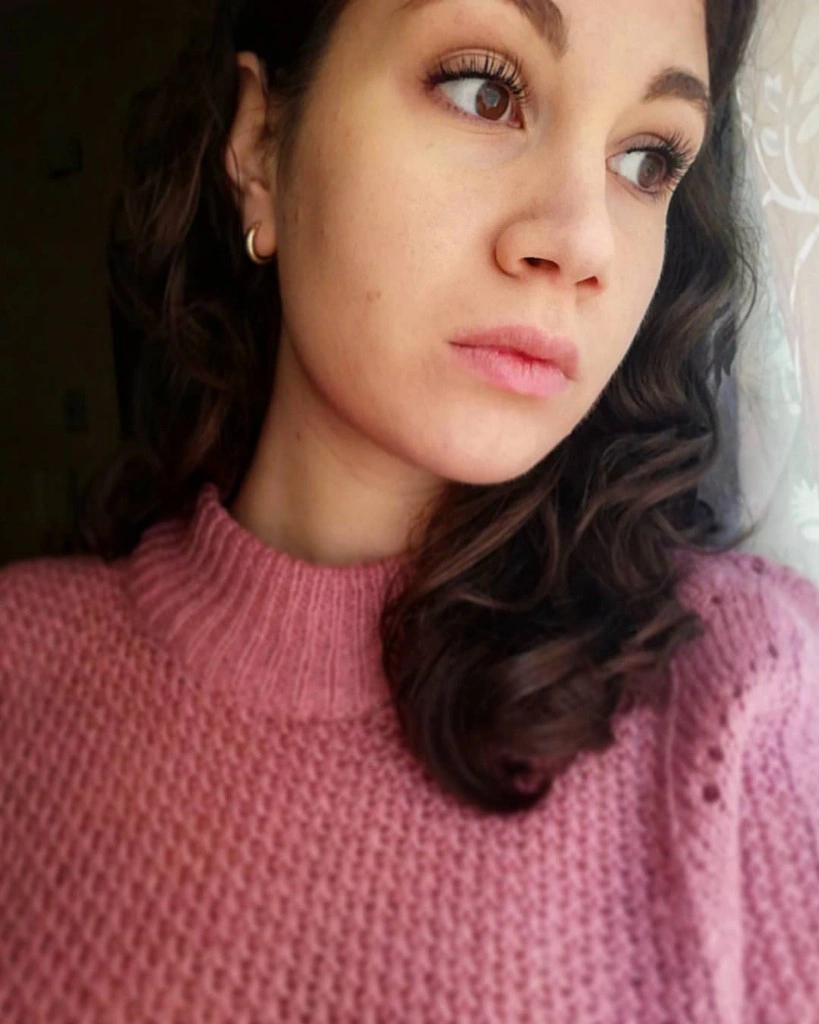
Interested in the management and conservation of cultural heritage through the use of digital technologies and methodologies, with a particular focus on educational and informative aspects aimed at facilitating the learning and enjoyment of cultural content.
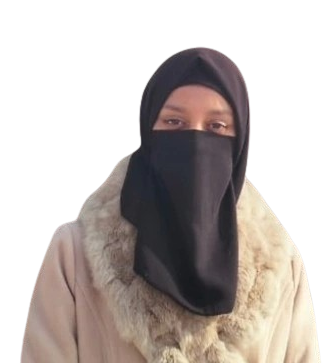
Founder, EduNovam Academy | Education & Skills Development | Aspiring Expert in Education Policies for Global Development
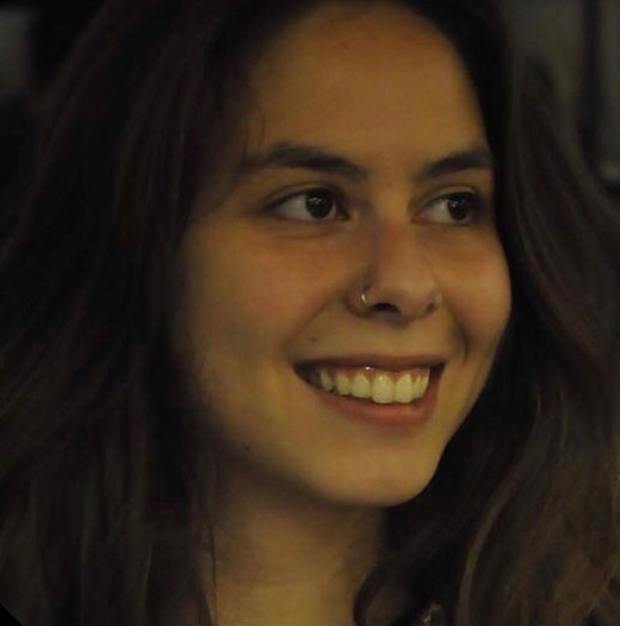
MA in Digital Humanities, University of Groningen Blending Humanities research with NLP and AI

Honours Master's degree of Applied Informatics. Full stack software developer and Data Science Researcher
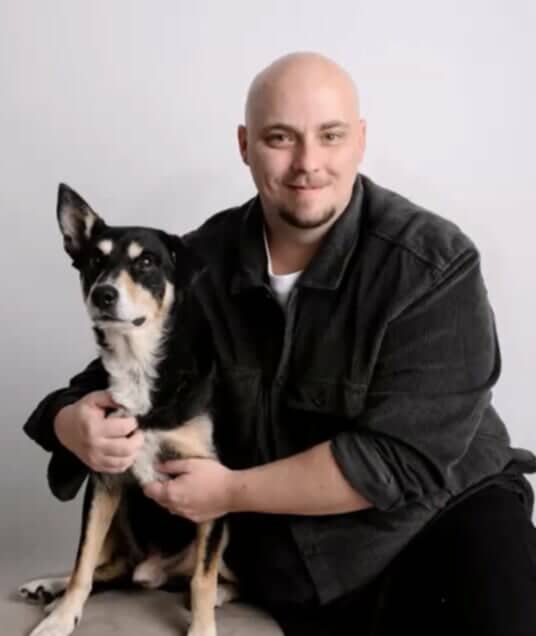
Jack is an Australian freelance writer whose work explores the space between lived experience and emerging technology. He's won multiple writing competitions and is currently completing his debut book, which has already drawn strong early praise. Jack's work reflects a belief that AI-when shaped with care-can enrich cultural memory rather than erode it. Deeply interested in history, sharp thinking, and digital innovation, he sees today's literary and tech landscapes as a natural home for writers who value responsibility, clarity, and the evolving role of human insight in an artificial age.

Alexandre Schoedler is a French author and researcher whose work bridges historical analysis, investigative writing, and digital humanities. Known for titles such as Nice l’attentat, la contre-enquête, he explores how narrative reconstruction, evidence interpretation, and cultural context shape our understanding of past events. At Historica, Alexandre focuses on the use of artificial intelligence in history, especially in areas such as AI-powered archaeological analysis, historical data interpretation, and interactive historical mapping. His writing examines how machine learning and semantic analysis can uncover hidden patterns, reveal lost artifacts, and support more accurate reconstructions of ancient environments. Alexandre’s approach combines traditional historical research with emerging digital tools, offering readers new insights into how technology reshapes the study of the past.
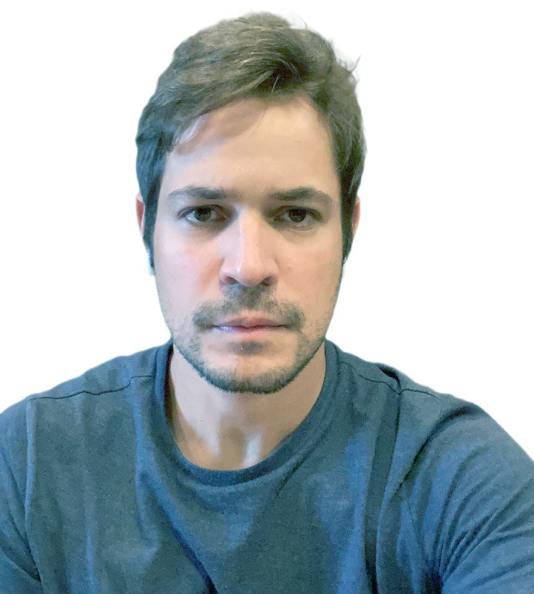
André Gomes is an MIT-certified artificial intelligence specialist whose work bridges AI strategy, industry transformation, and historical inquiry. With a focus on the business implications of advanced technologies, he brings a unique perspective to the study of how digital tools reshape our understanding of civilization. At Historica, André explores themes such as AI in historical research, historical data interpretation, and interactive historical mapping, investigating how machine learning and semantic analysis uncover hidden patterns, enhance cultural studies, and support new forms of historical analysis.

University of Cambridge MPhil student in Digital Humanities. Specialising in AI policies and how AI will impact a variety of media industries. Strong digital skills with confident abilities to use a range of editing software. Bilingual. Native English speaker with a good understanding of Arabic.

Ravi Kumar is a multidisciplinary professional with a background in civil engineering, a certification in data analytics, and a current postgraduate focus on Digital Humanities and Social Sciences at IIT (ISM) Dhanbad. His expertise lies in analytical thinking, problem-solving, and integrating technical knowledge with human-centric solutions. He is driven by the potential of data to generate insights and innovation across industries and is looking for opportunities to contribute to meaningful projects in data analytics, research, and interdisciplinary problem-solving.

A digital humanist who tries to combine previous linguistic studies with current computer science ones, specifically I like to analyze how Artificial Intelligences are changing human life.

Education qualification : MA- History from Indira Gandhi National Open University (IGNOU) and Ph.D in Modern Telangana History from Osmania University, Hyderabad, Telangana, India. A tech savvy social scientist interested in the impact of technological changes on the social and cultural conditions of the nations across the world. Working on understanding the future of the education system and the need for changes. The changes that artificial intelligence can bring in gender dynamics and its role bridging gender gap.

Othon Viannis is a holder of two Master’s degrees in Digital Humanities and Museum Studies, with a focus on the study and preservation of cultural heritage. Combining his interests in history, culture, and technology, Othon has been involved in projects centered on digital archiving and heritage preservation. His work also includes interactive media design, reflecting his dedication to finding creative ways to share and celebrate cultural narratives

Prof Patricia Murrieta-Flores is Chair in Digital Humanities at the History Department, FASS Director of Artificial Intelligence Research and Strategy, and Co-Director of the Digital Humanities Centre at Lancaster University. She is an historical archaeologist and specialist in the history of early colonial Mexico. Her areas of research are landscape archaeology, the Spatial Humanities, and the creation and application of methods from Artificial Intelligence for Humanities research.

Miray Özmutlu is an undergraduate student at Minerva University, majoring in History with a minor in Digital Practices. With a passion for delving into the intersection of technology and humanities, Miray is driven to pursue a PhD in digital humanities. Her professional interests lie in spatial and textual analysis, mainly applied to historical events and ethnographic research. Beyond academics, Miray spends most of her time reading and writing creative non-fiction; she is currently one of the editors of Napkins Magazine, the only art and culture magazine at Minerva University.

Alexandre Gefen, Directeur de Recherche (Full Research Professor) at the CNRS Theory and History of Modern Art and Literature Laboratory (UMR7172, THALIM, CNRS / University Sorbonne Nouvelle - Paris 3- Ecole Normale Supérieure), is a historian of ideas and literature. He is the author of numerous articles and essays on culture, contemporary literature and literary theory. He was one of the pioneers of Digital Humanities in France. He is the director of the Culturia IA research project, which focuses on the history and cultural issues of artificial intelligence.

Researcher | Computational Humanities | 3D mapping and Drones technologies

Learning designer and AI content specialist, interested in human-computer-interaction, cognitive science of learning, and philosophy of information. His work has been published by the Journal for the Center of Interdisciplinary Teaching and Learning out of Boston University, as well as the Oxford-based, Seisma Magazine. He holds a BA in Philosophy, and an MA in Education & Educational Technology.

Angelina Kuhn studies Digital Media and Culture with a focus on how technology influences historical interpretation. Her work examines the ways artificial intelligence shapes cultural narratives and the potential impact of eurocentric bias in AI driven historical research. At Historica, Angelina contributes articles that explore digital history, cultural heritage, and the role of AI in historical analysis. Her writing highlights how digital tools support new approaches to understanding the past, including interactive historical maps, visual learning, and data-driven historical exploration.

Graduate from Indiana University–Purdue University Indianapolis with MA in History (Concentration in Public History) and MS in Library and Information Sciences

Maria Laura Chiacchio, born in Naples in 1971, holds degrees in Art History and Literature and a PhD in Museum Education. She has worked as a consultant for museums and archaeological sites and as a researcher on cultural heritage projects. Currently, she teaches Art History in Italian public schools.


Assistant professor at the University of Naples "Federico II"
.jpg)

History Major and Religious Studies minor at Murray State University

Holds an MA in History from the University of Calgary. Her area of study was 15th to 17th-century religious dissidence in England. After several years of working in the public safety sector, Sarah is now a freelance writer, researcher, and passionate amateur historian. She is the administrator of The Tudor Book Club Facebook group and has a blog, History Tea.

Victoria Clark earned her BA in History with Highest Honors from The University of Texas at Austin in 2014. Her award-winning honors thesis provided a quantitative analysis of how the transition to capitalism was rooted in gendered divisions of labor. Her research interests encompass digital humanities, Early Modern Northern Europe, and cultural histories. Over the past decade, she has held diverse corporate roles in recruiting, sales, management, and market research.

Holds a Master's degree in Digital Humanities and a Bachelor's in Greek Philology

Master’s Degree in Digital Humanities. Experienced in machine learning and natural language processing, dedicated to developing advanced algorithms that enhance data interpretation and automate complex tasks in various tech industries.


Bay Area-based writer and editor who began her examination of how technology impacts the human experience in New York when she worked as a journalist and editor for a trade publication focused on advertising production. Since then, she has worked for a variety of tech and media companies, and cultural and academic institutions, including U.C. Berkeley and San Francisco’s Exploratorium. Her novel, Jane Is Everywhere, was published in 2018.

Julianna DeSilvia is an international historical and language researcher and educator. She has completed research focused on the benefits of a global citizenship education in high school US history classrooms and is currently focused on the intersectionality between disciplinary structures and language acquisition in educational settings.
.png)
Complexity Scientist, Data Scientist, and Machine Learning Engineer with 15 years experience as a technical practitioner in both research and industry. She is currently working on the World School History Project, applying human-in-the-loop methods to develop a multi-perspective knowledge base of school history curricula and learning materials.
%20(1).png)
Research Fellow at Department of Humanities, University of Catania (Italy)

The author writes about what value can be created at the intersection of historical science and AI for different types of stakeholders.
.jpg)
Research Fellow at King’s College, Cambridge, where he works as part of the Silk Roads Programme.

Exploring the landscape of machine learning concepts one gradient descent step at a time by demystifying the mathematics.

Mark Humphries is a Professor of History at Wilfrid Laurier University. He has published widely on various aspects of Canadian history and war and society. He is currently focused on the fur trade in North America and in exploring ways to use AI to support historical research.

Amateur historian specialising in European Medieval times with three decades of experience, and an avid collector. A thinker and practitioner, aspiring to empower historical methodology with AI technologies.

Author reflecting on the application of philosophical principles of determinism and the inherent limitation of knowledge in studying past and future social systems, drawing insights from a 25-year tenure in corporate strategy theory and practice.

